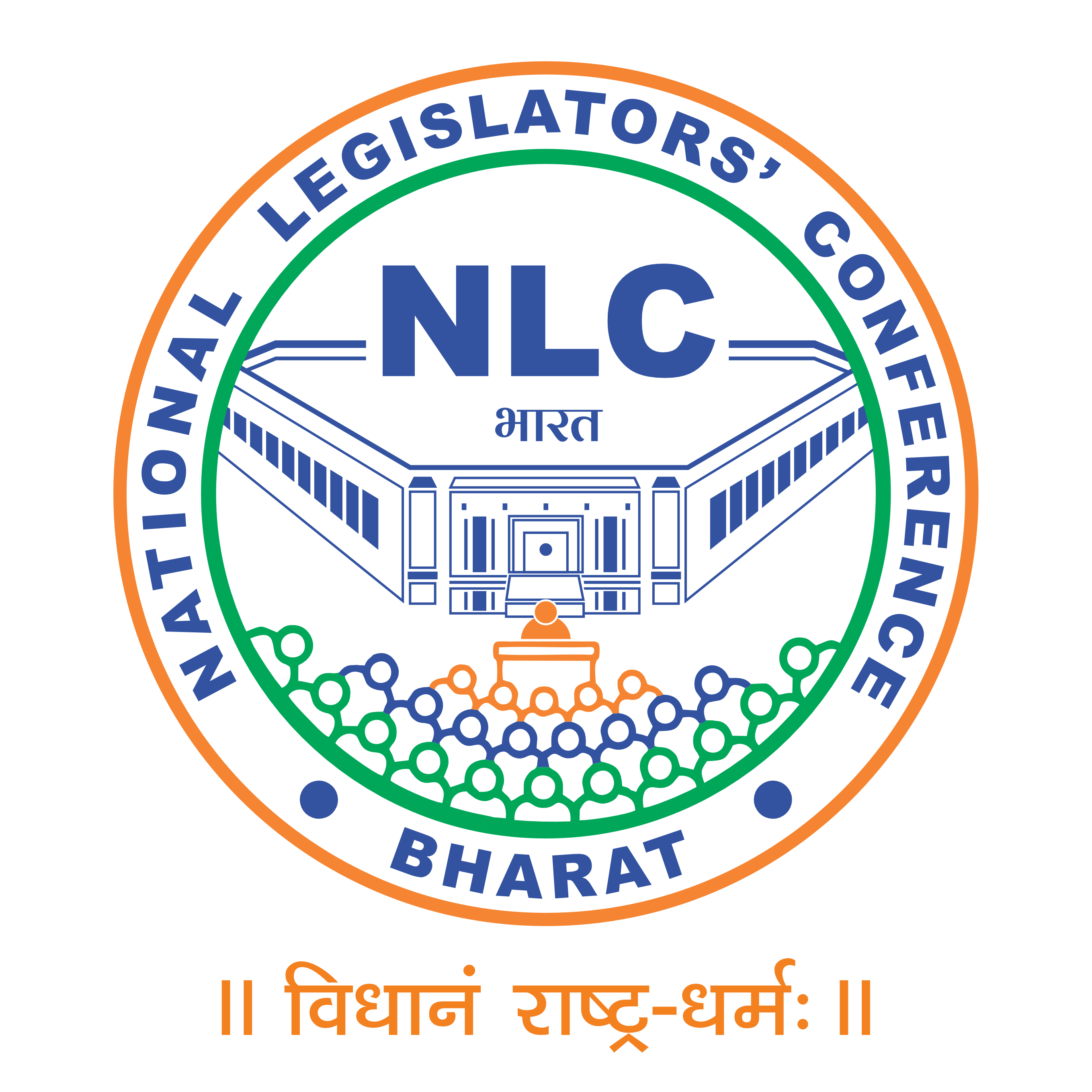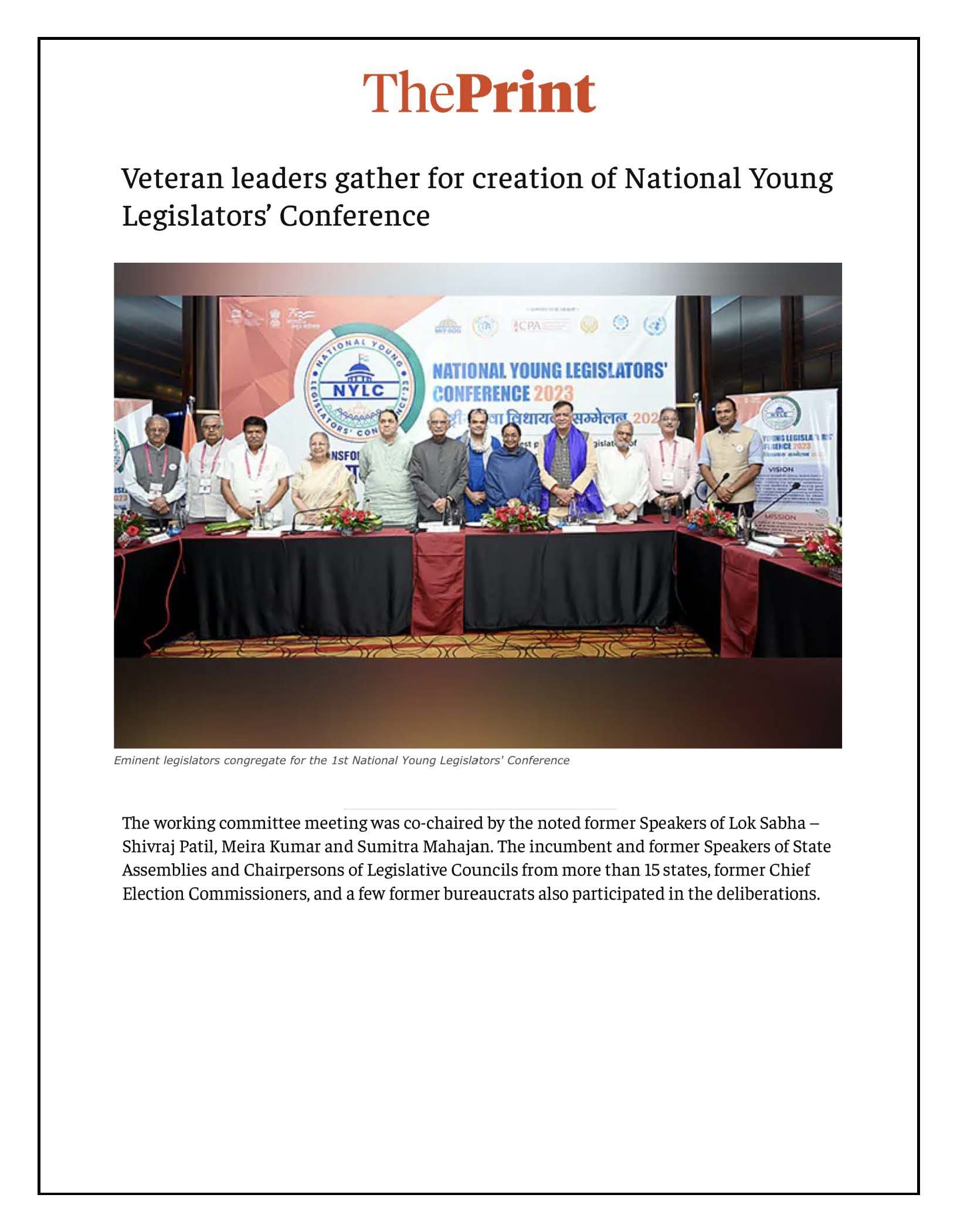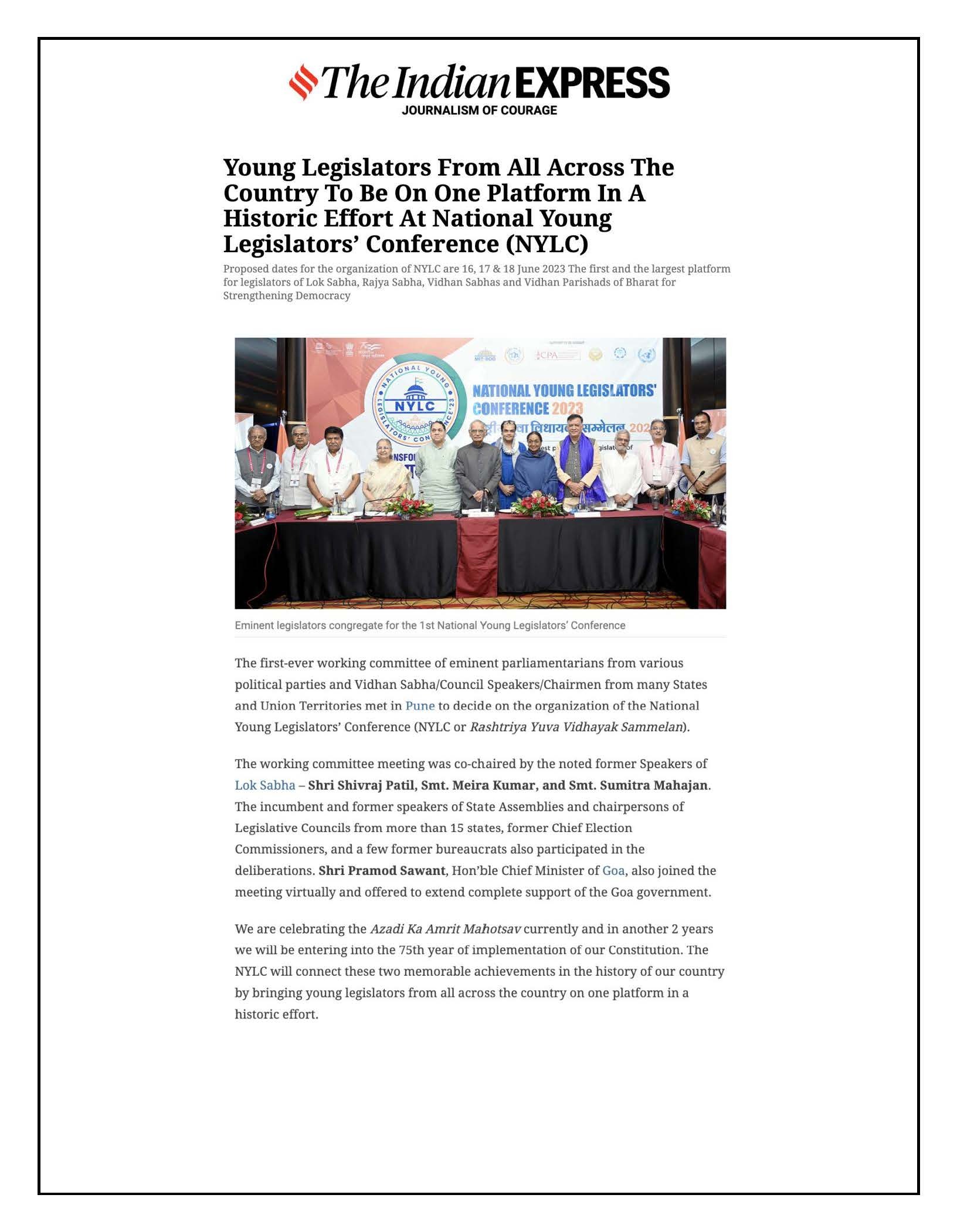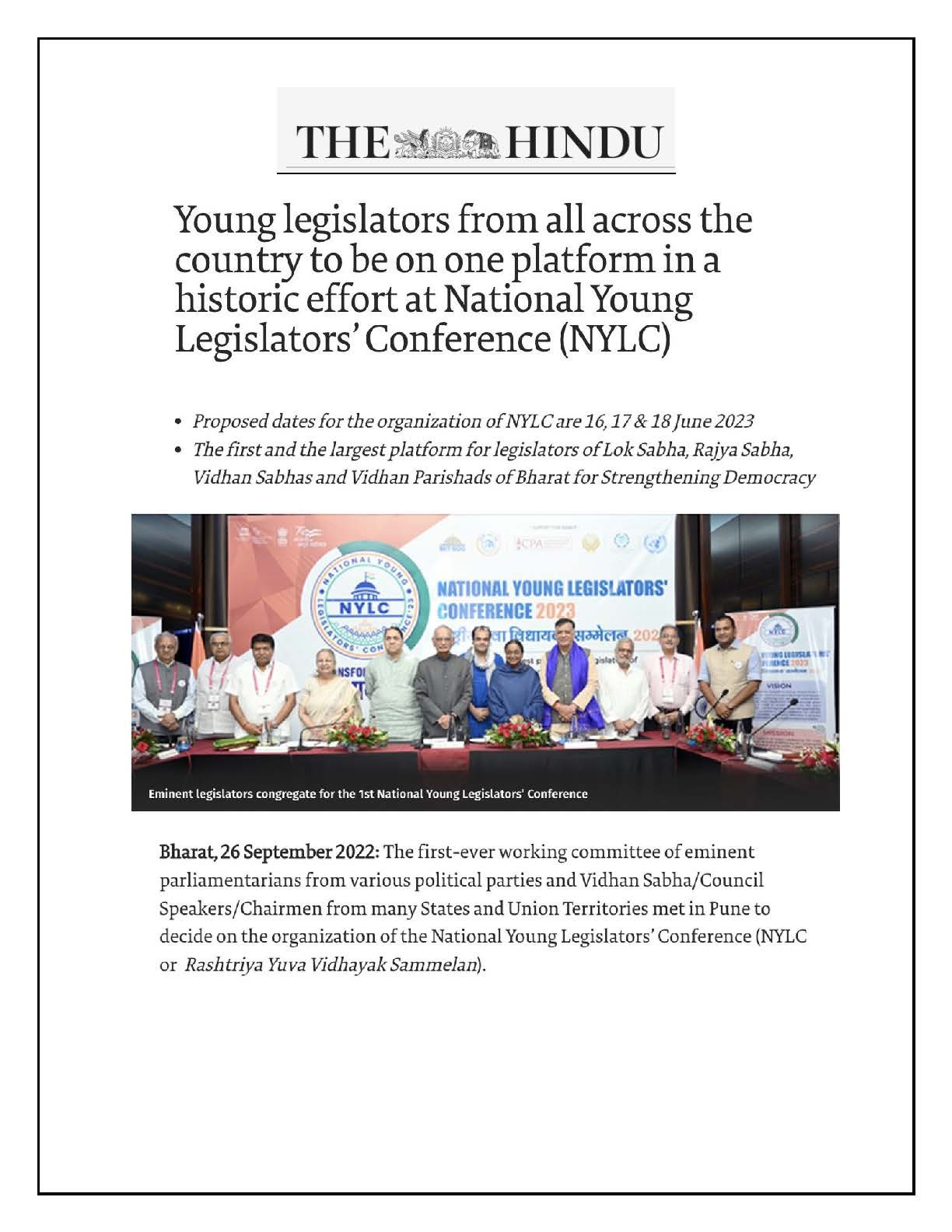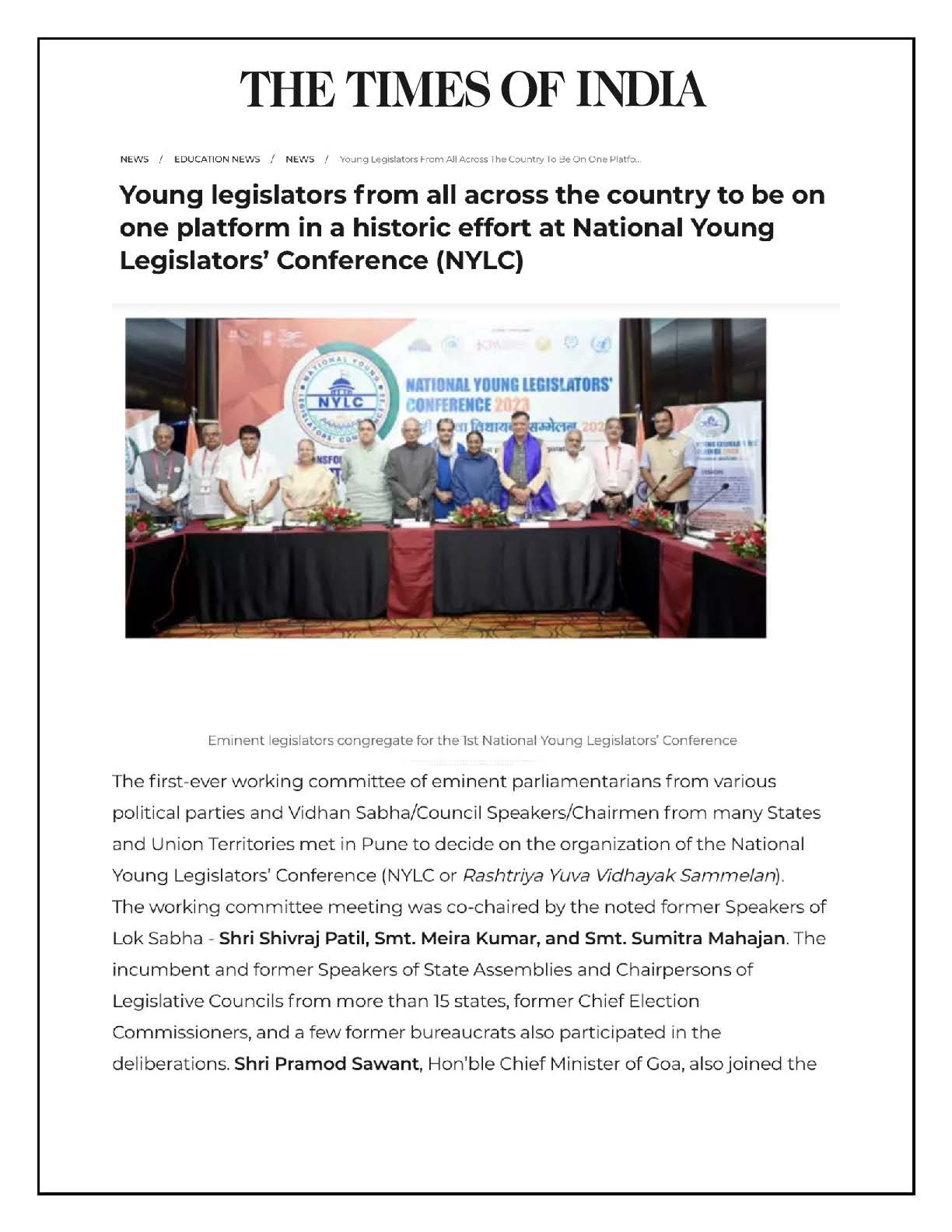Introduction:
The year 2047 will mark the centennial anniversary of Bharat’s independence, signifying a noteworthy landmark in the country’s progression. The objective of this session is to examine the projected path of association between law and citizens in bharat by the current significant year. This aims to analyze the potential impact of progress in diverse domains, including technology, ecological preservation, and human rights, on the legal framework and the position of individuals within it.
Objectives of the Session:
The objective is to pinpoint significant domains of change, possible obstacles, and the courses of action that could be implemented to guarantee the efficacy and pertinence of the law in safeguarding and enabling individuals in the forthcoming times. Key areas of our focus are:
Technological Advancements and Law: The exponential expansion of technology has led to the emergence of novel legal and ethical inquiries. This session aims to investigate the potential legal challenges that may arise in relation to artificial intelligence, data privacy, cybercrime, and digital rights, and to examine the possible legal developments that could be implemented to tackle these issues.
Environmental Law: In view of growing concerns about climate change, biodiversity loss, pollution, and other environmental issues, environmental legislation must be scrutinized. By 2047, Bharat’s environmental laws will need to be updated to reflect global and local issues. The study will examine how creative legal methods may solve environmental problems. As shown in numerous countries, legal frameworks that recognize nature’s inherent worth or novel regulatory techniques like carbon pricing or environmental impact bonds may help solve environmental challenges. Technology’s ability to enforce environmental restrictions, such as via satellite surveillance or artificial intelligence, seems intriguing.
Protection of IPR: The significance of intellectual property laws in fostering creativity, innovation, and economic advancement cannot be exaggerated. The swift progression of technological advancements is anticipated to give rise to novel inquiries concerning the possession, safeguarding, and implementation of intellectual property rights. This research endeavor aims to explore the prospective trajectory of intellectual property rights (IPR) in Bharat, with a particular focus on pertinent concerns such as digital copyright, patent regulations for artificial intelligence (AI) innovations, and safeguarding traditional knowledge and cultural expressions.
Criminal Justice System: In the forthcoming decades, it is anticipated that the criminal justice system of Bharat will encounter the requirement for substantial modifications to tackle concerns such as overpopulation in correctional facilities, protracted trial durations, and the entitlements of the accused. The research will investigate prospective modifications in the domain of criminal law and procedure, encompassing restorative justice methodologies, the integration of technology in criminal investigations and trials, and enhancements in prisoner rehabilitation initiatives.
Labour and Employment Laws: The anticipated impact of automation and artificial intelligence on the labor market is expected to result in a significant shift in the character of work and employment. The aforementioned modifications will require the establishment of novel legal structures aimed at safeguarding the rights of laborers, guaranteeing equitable remuneration and working circumstances, and regulating joblessness and the process of acquiring new skills. The research will examine the prospective development of labor and employment regulations in reaction to these transformations.
Health Laws: The COVID-19 pandemic has underscored the significance of health legislation in effectively handling public health emergencies. By the year 2047, it will be imperative for health regulations to evolve in response to emerging health threats, which may encompass pandemics, the integration of artificial intelligence and data in healthcare, and the provision of accessible and cost-effective healthcare services. The research will investigate prospective advancements in the field of health law and policy, encompassing regulations pertaining to the management of pandemics, digital health, and the provision of healthcare coverage for all.
Alternative Dispute Resolution Mechanism: It is plausible that alternative dispute resolution methods, such as mediation and arbitration, could become more prevalent in the future as they have the potential to alleviate the issue of case backlogs in court systems. This research endeavor aims to investigate the potential progression of conflict resolution techniques in Bharat and the corresponding legal structures necessary to facilitate their implementation.
The principal anticipated result of this discourse is to furnish a thorough, detailed, and multifaceted comprehension of the prospective legal framework in Bharat. The study aims to provide a comprehensive portrayal of the necessary evolution of legal frameworks in response to societal, technological, and environmental changes. This will be achieved through an exploration of various sectors including technology, environment, human rights, intellectual property, criminal justice, labor, health, corporate law, and dispute resolution. The primary objective of the study is to foster discourse and deliberation among diverse stakeholders, and the wider community. The study has the potential to promote heightened awareness and comprehension of the future of law and citizenship in Bharat by facilitating a forum for discussion. This, in turn, could lead to more informed and comprehensive decision-making processes that are inclusive.
